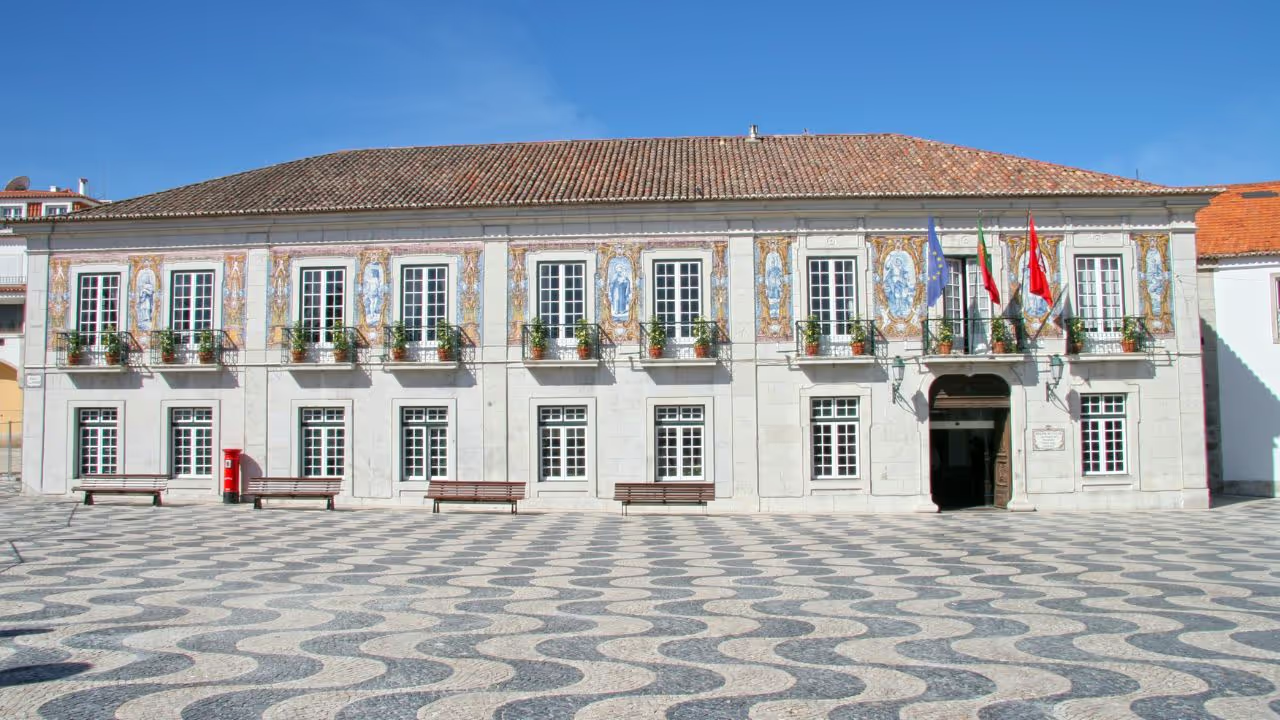Relocate to Cascais
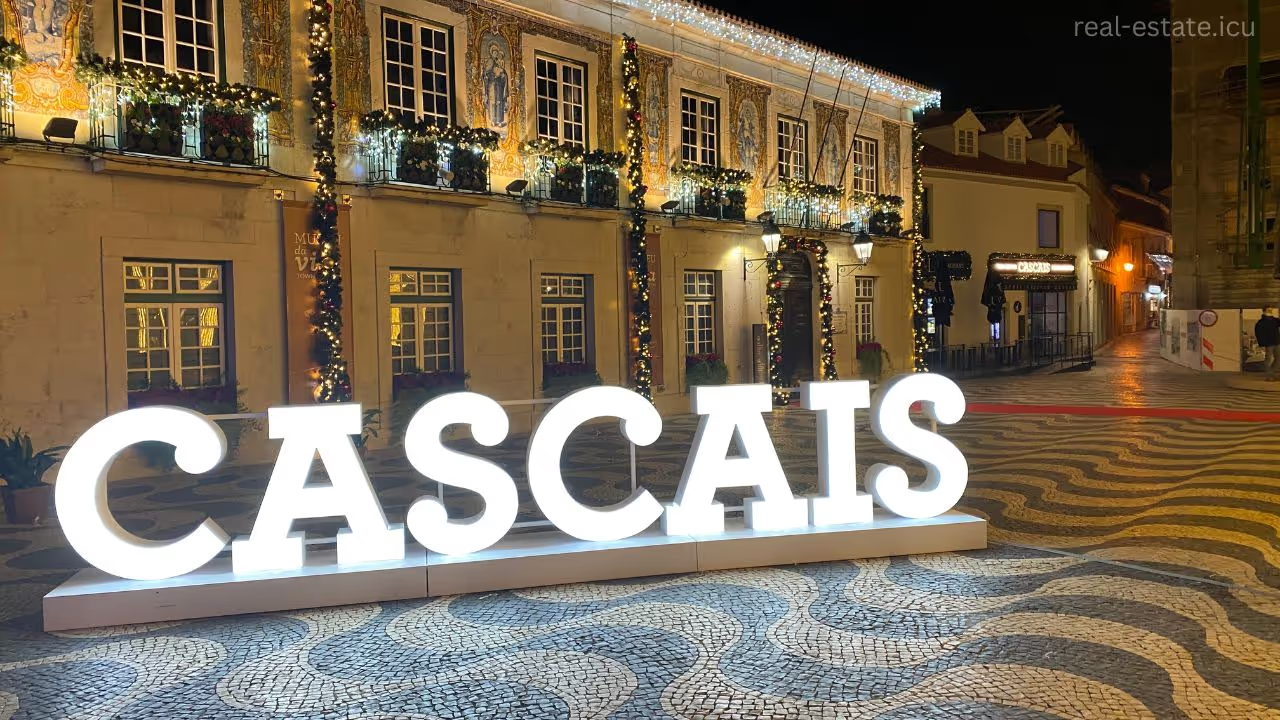
Cascais sits about 30 km west of Lisbon on Portugal’s sunlit Atlantic shore. Once a fishing village, today it blends historic charm, modern comforts, good schools, and safe neighbourhoods. Whether you’re family, retiree, or digital nomad, understanding visas, housing, daily services, and community life helps make the move smoother. This guide uses clear language (occasionally a small slip like “it’s kinda easy once you know steps”), varied paragraph sizes, internal links, outbound citations, images, lists, and five main sections (~300–500 words each). FAQs at the end.
1. Why Choose Cascais?
Cascais offers a mix that many expats seek: coastal lifestyle with reliable infrastructure and proximity to Lisbon’s job market and international airport. The town has golden beaches like Praia da Rainha, scenic promenades (e.g., linking Cascais to Estoril), and a temperate microclimate with over 300 sunny days a year (expatistan.com). Daily life includes fresh seafood markets, cafés in the historic centre, and parks like Marechal Carmona. Safety is high—Cascais often ranks among Portugal’s safest municipalities.
Families appreciate international schools in the region. Options include Saint Dominic’s International School and other bilingual programmes in nearby Lisbon area; consult Schools guide for details. Healthcare: good public centres plus private clinics; see Healthcare overview. For cost context, Cascais is about 7% cheaper than Lisbon overall, though housing can be pricier near the sea (expatistan.com); compare via Cost of Living.
Culture and outdoors: Cascais Marina, Cidadela Arts Quarter, and festivals (music, film) year-round. Outdoor options include surfing at Guincho, cycling paths along the coast, and Sintra-Cascais Natural Park nearby. For work, co-working spaces exist in Cascais or Lisbon commute by train (~40 min) . English is widely spoken in services, though basic Portuguese phrases help daily tasks and show politeness.
Real estate market is active: varied neighbourhoods suit different needs. Explore neighbourhood pages for Cascais Central, Guia, Estoril, Birre, Alcabideche, Monte Estoril. Whether renting before buying or relocating directly into home purchase via Buy to Relocate, local agent support eases the path.
Overall, Cascais is appealing for its safe environment, quality schools, healthcare, coastal recreation, and culture—all within reach of Lisbon. Next, look at visas and residency options.
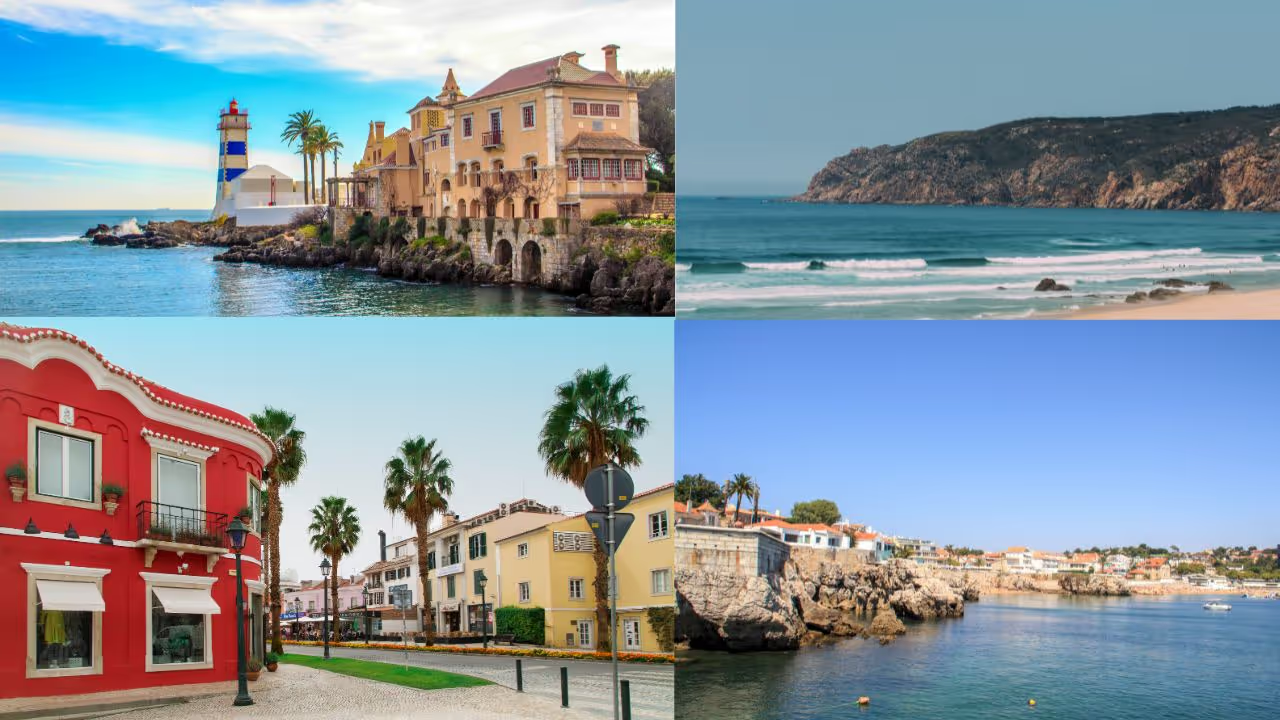
2. Visa & Residency Options
Non-EU citizens need the right visa before moving. Common routes:
-
D7 Visa (Passive Income Visa) Suited to retirees or those with stable passive income (pensions, investments, remote earnings). Requirements: proof of passive income (around €10,440 yearly or higher for dependents), accommodation evidence, clean criminal record, health insurance. Processing time often ~60–90 days at consulate (getnifportugal.com); plan months ahead. After visa approval, appointment at SEF for residence card (~3–12 weeks) (getnifportugal.com).
-
Digital Nomad Visa (Remote Work Visa) For remote professionals earning above threshold (around €3,280–€3,480 monthly) (getgoldenvisa.com, globalresidenceindex.com). Must show remote contract, accommodation proof, health insurance, clean record. Process times vary; start early.
-
Golden Visa Alternatives Traditional property-based Golden Visa requires investment ≥€500,000, but rules evolved: now fund-based or renovation projects in low-density areas may qualify. Check current SEF guidance. If aiming residency via investment, confirm criteria before committing.
-
Work & Entrepreneur Visas If you secure a job in a local company, the employer sponsors a work visa. Or start a business and apply for entrepreneur visa, providing business plan showing job creation or innovation.
-
Family Reunification & Student Visas If joining family already resident, or studying at Portuguese institution; student visas require enrollment proof and sufficient funds.
-
Permanent Residency & Citizenship After five years of temporary residence, one may apply for permanent residency and later citizenship, granting EU mobility. During these years, maintain required presence (e.g., 183 days/year) and tax compliance.
Tip: visa processes can take 2–4 months; collect documents early (apostilles, translations). For detailed steps, consult SEF website and consider a local immigration lawyer.
Non-Habitual Resident (NHR) regime for tax: though original NHR ends March 2025, new Incentivised Tax Status (IFICI) offers similar benefits (20% flat-tax on eligible income) (kpmg.com); foreign income exemptions under conditions. Timing applications matters after arrival.
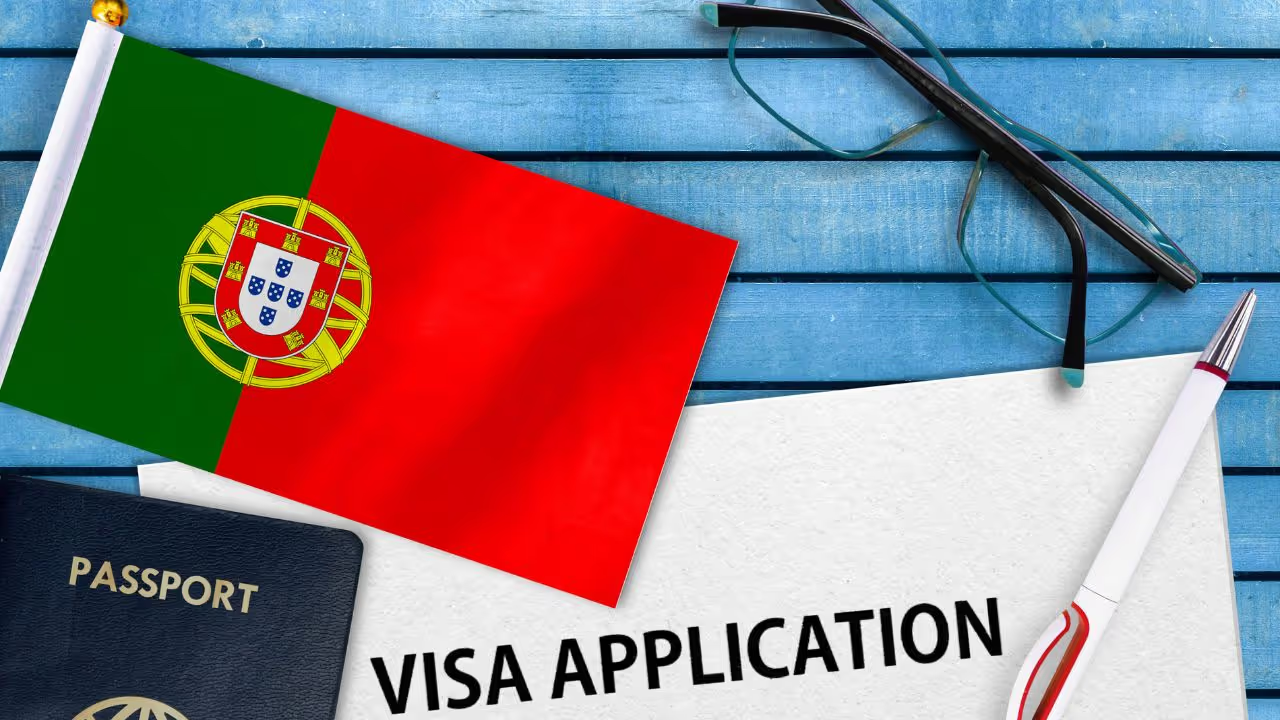
For financing property as non-resident, banks may require residence permit or proof of visa progress. Obtain NIF early (via fiscal representative if remote) to open bank account.
Working with local experts—buyer’s agent, immigration advisor, tax specialist—smooths visa and residency steps. See Buy to Relocate for integrated support.
3. Finding Your New Home
Housing search often starts with renting to test neighbourhood, then buying if relocating long-term.
Define Requirements
List budget (rent vs buy), bedrooms, proximity to schools or workplace, amenities (garden, parking, sea view), pet needs. Note whether short-term rent or long-term lease suits initial phase.
Research Neighbourhoods
- Cascais Central: walkable historic area, near marina, markets, cafés. Good for those wanting lively centre but can be pricier and busier. See Cascais Central neighbourhood.
- Guia & Estoril: seaside promenade, Casa da Guia dining options, beaches nearby. Family-friendly and good for holiday-like living. See Guia neighbourhood and Estoril neighbourhood.
- Birre & Alcabideche: quieter suburbs with villas and gardens, more space for families or remote workers needing home office. See Birre neighbourhood and Alcabideche neighbourhood.
- Monte Estoril: residential, near train station to Lisbon, calm streets. See Monte Estoril neighbourhood.
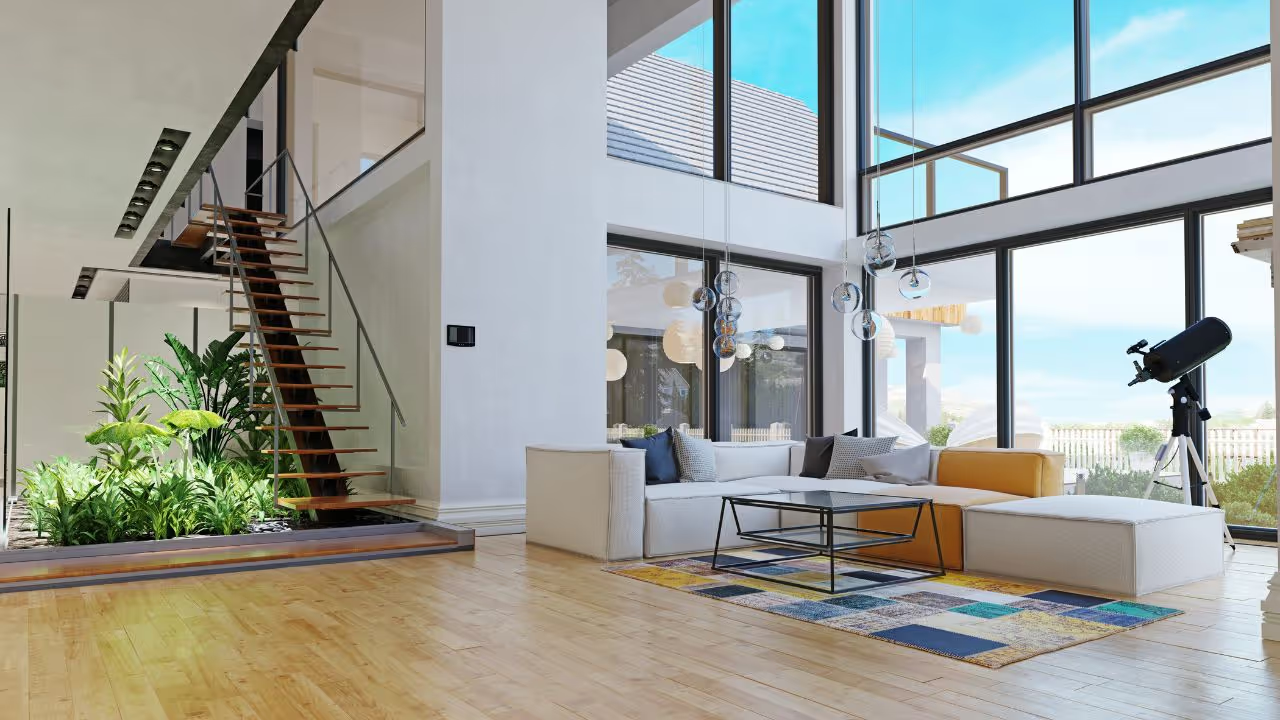
Renting First
Use local portals or agent services. Rental costs vary: a one-bedroom apartment in Cascais Central might run higher than suburbs. Short-term Airbnb stays help sample areas; then negotiate longer leases. Check utilities inclusion and condominium rules. Ensure rental contract reviewed by someone fluent in Portuguese or via agent.
Buying
If buying, engage a buyer’s agent early (Why a Buyer Agent). They present off-market opportunities, advise on pricing, and coordinate legal and fiscal steps (Buying in Cascais). Prepare NIF and bank account. Visit properties at varied times (weekday vs weekend, different seasons) to gauge noise, light, traffic. Consider future needs: schooling, transport, resale potential.
Budgeting
Account for purchase costs: IMT, stamp duty, notary fees, lawyer fees (Documents & Taxation). For rentals, budget deposit (often 2–3 months’ rent), utilities setup, and furniture if unfurnished.
Outbound Resource
For broader Portugal property tips, see Real estate in Portugal (numbeo.com).
4. Settling In: Services and Daily Life
After securing accommodation, focus on practical registrations, utilities, and integrating into community.
NIF & Banking
Get your NIF at Finanças (or via fiscal representative). Open a local bank account—needed for salary, rent payments, utilities, and tax filings. Some banks allow remote preliminary steps, but in-person often needed.
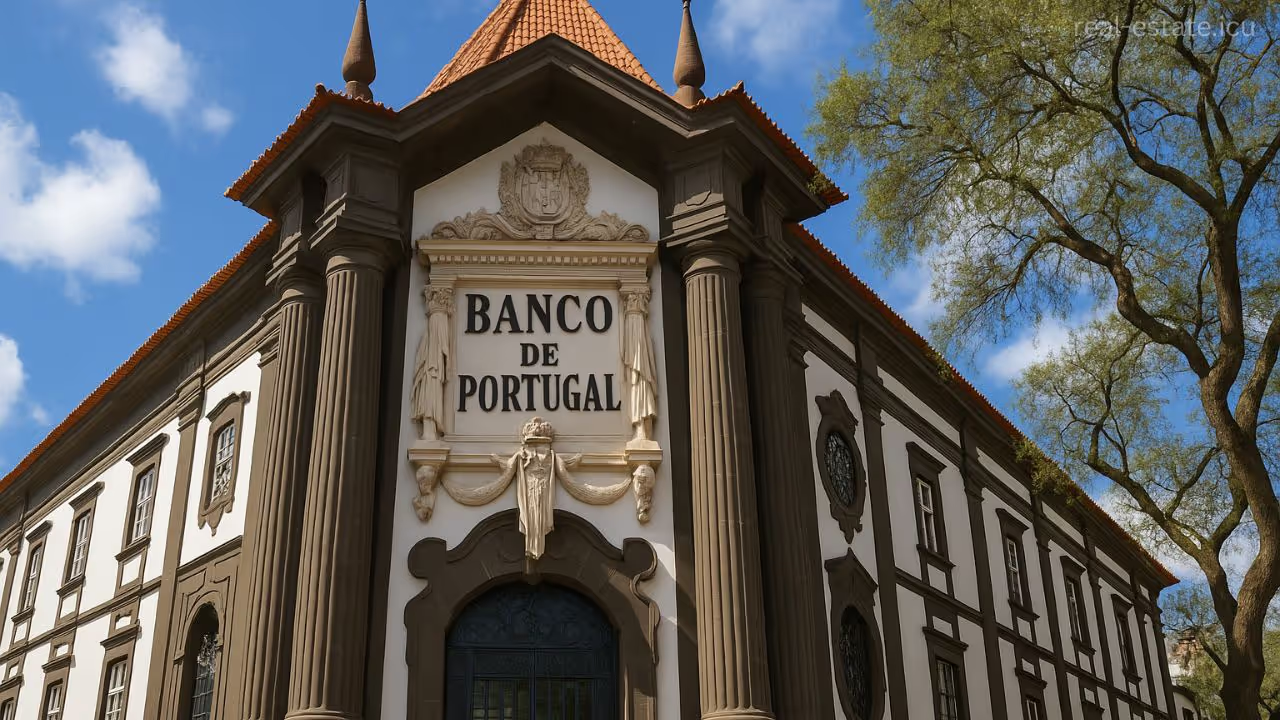
Utilities & Internet
Set up electricity, water, gas (if applicable), and internet. Contracts require NIF and bank details. Internet providers offer fiber in Cascais; compare speeds and prices.
Healthcare
Register with public health system after residency permit. Meanwhile, private health insurance recommended. Cascais and Lisbon have reputable clinics and hospitals. See Healthcare overview. For emergencies, know nearest Centro de Saúde and hospitals.
Schools & Education
Families: research international and local schools early. Popular options: Saint Dominic’s International School, others in Lisbon metro. Application windows may be competitive. See Schools guide. Visit schools in person or via virtual tours.
Transport & Commuting
Cascais train station links to Lisbon (~40 minutes). Local buses cover surrounding areas. Many expats use a car; consider parking and toll roads if commuting inland. Bicycle and e-scooter use common for short trips. For public transport details, see Transport info.
Mobile & Connectivity
Get Portuguese SIM card for mobile; major providers require NIF. Internet telephony and messaging common for family calls abroad.
Language & Integration
While English common in services, learning basic Portuguese helps: greetings (“bom dia”), polite phrases, reading labels. Consider language classes or apps. Join expat groups, local meetups (e.g., Cascais American Club, Lisbon Digital Nomads Meetup). Attend community events or sports clubs to meet neighbours.
Shopping & Daily Errands
Supermarkets (Pingo Doce, Continente), local markets for fresh produce (fish markets in Cascais centre), bakeries, pharmacies. Opening hours often 8:00–20:00, small shops close midday on Sundays. Note local customs: shops may close on holidays; plan ahead.
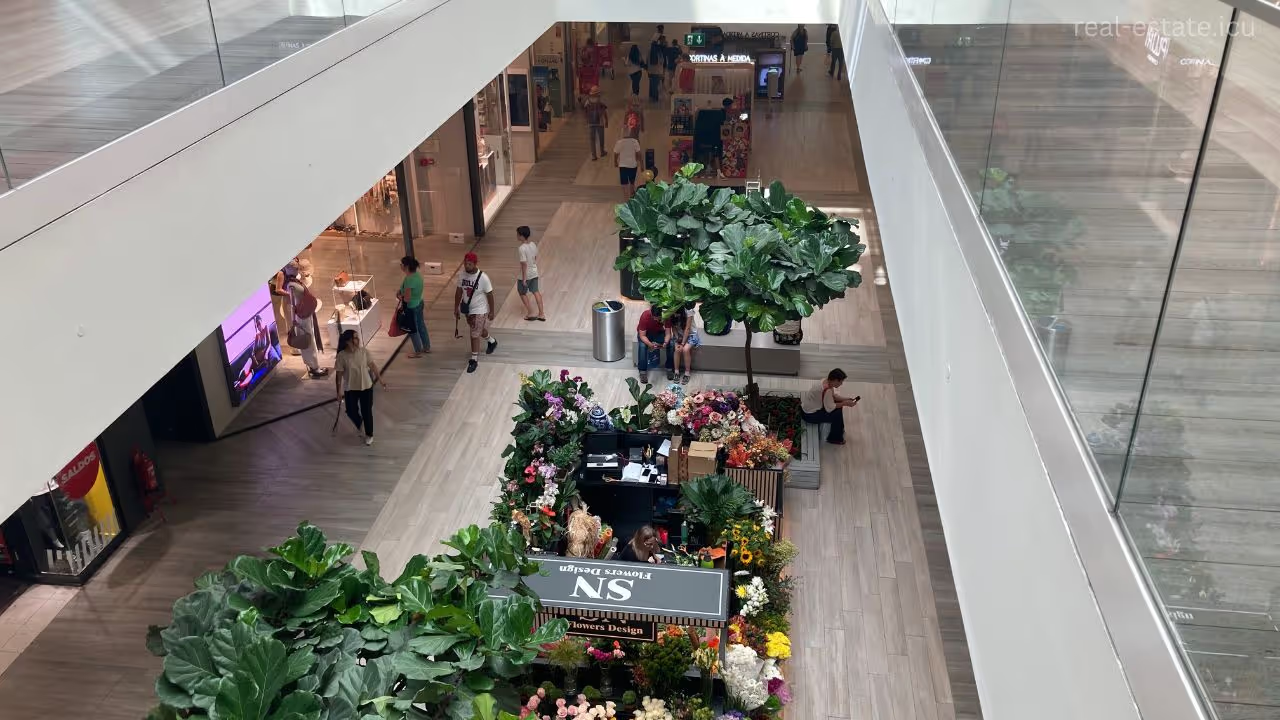
Leisure & Culture
Explore beaches (Praia da Rainha, Guincho), parks, cultural venues (Museu Condes de Castro Guimarães, Paula Rego Museum). Join local clubs: surfing, sailing, golf. Weekend trips: Sintra palaces, Lisbon museums, wine regions. Outbound: Cascais Weather Guide helps plan activities .
Administrative Tasks
Register address at Câmara (if required), set up tax filings, and understand local rules (e.g., recycling sorting). Keep digital copies of key documents (passport, visa, residence card) and set reminders for renewals: residence permit, insurance, tax deadlines.
5. Working with Experts & Community Integration
Local expertise and community networks ease relocation challenges.
Relocation and Buyer’s Agents
If purchasing property, a buyer’s agent helps navigate market and legal steps (Buy to Relocate). Even renters can use relocation services for paperwork, school enrollment, and orientation tours.
Legal & Fiscal Advisors
Engage a lawyer for visa paperwork or property contracts. Tax advisors guide NHR or new Incentivised Tax Status (IFICI) applications and annual filings (Documents & Taxation). They keep track of changing rules.
Accountants & Bankers
An accountant handles tax returns (rental income, personal taxes). Bankers assist with mortgage or local financial services. Clarify fees early.
School Consultants
For families, consultants help shortlist schools, assist applications, and advise on curricula differences.
Healthcare Navigators
Some services guide public system registration or private insurance selection, and recommend local doctors.
Community Networks
Join online forums or local expat groups (e.g., Facebook Cascais expat communities). Attend language exchange meetups. Volunteering or sports clubs (surf, sailing) help build local ties.
Practical Tools & Checklists
Maintain a relocation checklist: visa deadlines, NIF registration, bank account setup, residence permit renewals, utility setups, school deadlines, tax calendars. Use digital tools (calendars, cloud storage) for documents and reminders.
Insurance and Safety Nets
Purchase health insurance, home/rental insurance, and consider emergency contacts list (plumbers, electricians, medical). For properties, get appropriate coverage (especially if renting or holiday letting).
Leisure & Well-being
Explore local hobbies: surf lessons at Guincho; cycling along the coast; hiking in Sintra-Cascais Natural Park. Explore Cascais culinary scene—seafood restaurants and markets. Occasional trips to Lisbon for concerts, museums.
Networking for Opportunities
Professionals: co-working spaces (Work.Life Cascais) and Lisbon meetups. For job seekers, LinkedIn local groups. For entrepreneurs, check local startup events in Lisbon metro.
Feedback & Testimonials
Check team profiles and testimonials for recommended advisors or agencies.
Continual Learning
Stay updated on local news via Cascais municipality site or expat newsletters. Monitor visa or tax law changes. Regular contact with advisors ensures compliance.
Frequently Asked Questions
-
How long does the D7 visa process take? Often 60–90 days at consulate, plus 3–12 weeks for residence card after arrival (getnifportugal.com).
-
Is Cascais expensive compared to Lisbon? Overall cost of living ~7% cheaper than Lisbon, though housing near the coast can be pricier; groceries and services similar (expatistan.com).
-
Which neighbourhood suits families? Birre and Alcabideche for villas and gardens; Guia and Estoril for seaside apartments with easy access to schools. Cascais Central suits those wanting walkable urban life.
-
Do I need Portuguese before moving? Basic Portuguese helps daily tasks and shows respect; many expats get by with English initially, but learning over time eases integration.
-
How to get a NIF from abroad? Use a fiscal representative or local lawyer to obtain NIF before arrival, facilitating bank account and contracts.
-
What schools are available? International schools include Saint Dominic’s and others in Lisbon metro; local Portuguese schools also an option. Start applications early. See Schools guide.
-
How to find a home before arrival? Virtual tours via buyer’s agent or relocation service, short-term Airbnb stays to scout areas, then negotiate long-term lease with agent assistance.
-
What healthcare should I arrange? Private health insurance recommended initially; register with public system after residence permit. Check Healthcare overview.
-
Can I work remotely on a tourist visa? Legally, remote work requires proper visa (e.g., digital nomad visa); tourist visa doesn’t grant residency or work authorization.
-
How to integrate socially? Join expat groups, language classes, local clubs (sports, cultural), volunteer, and attend community events for networking.
 Buy
Buy 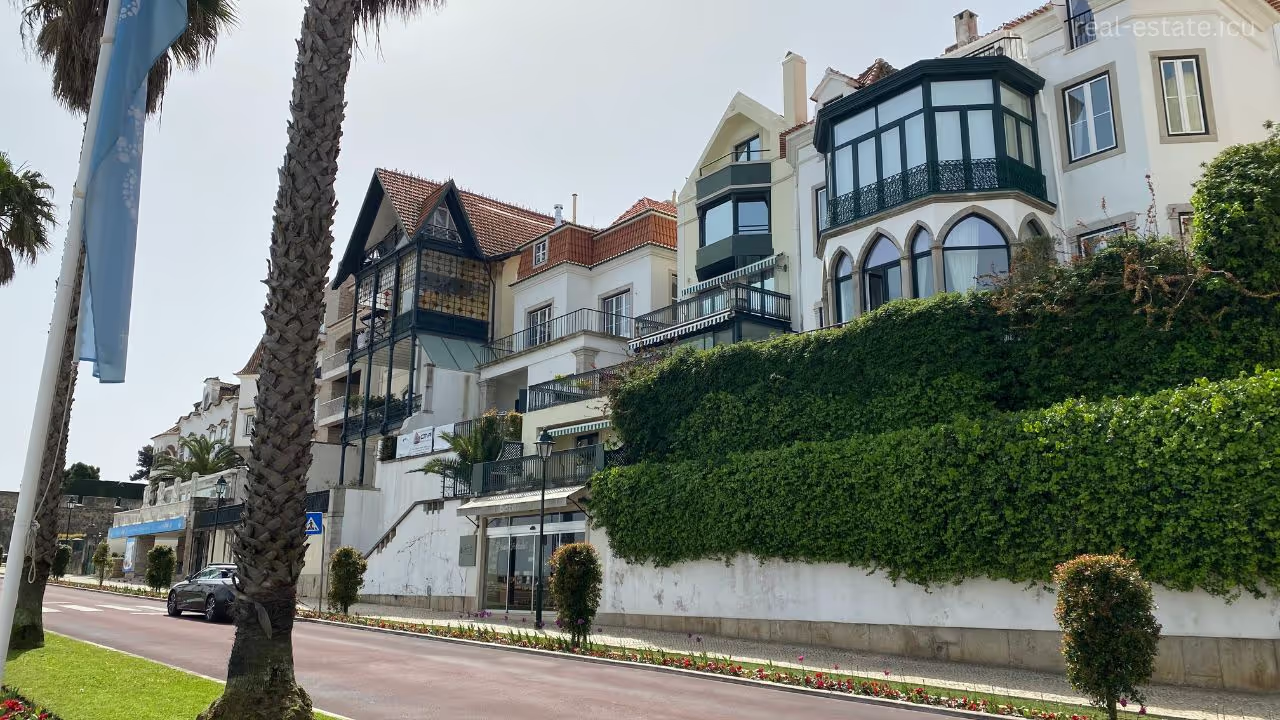 Buy
Buy  Buy
Buy 